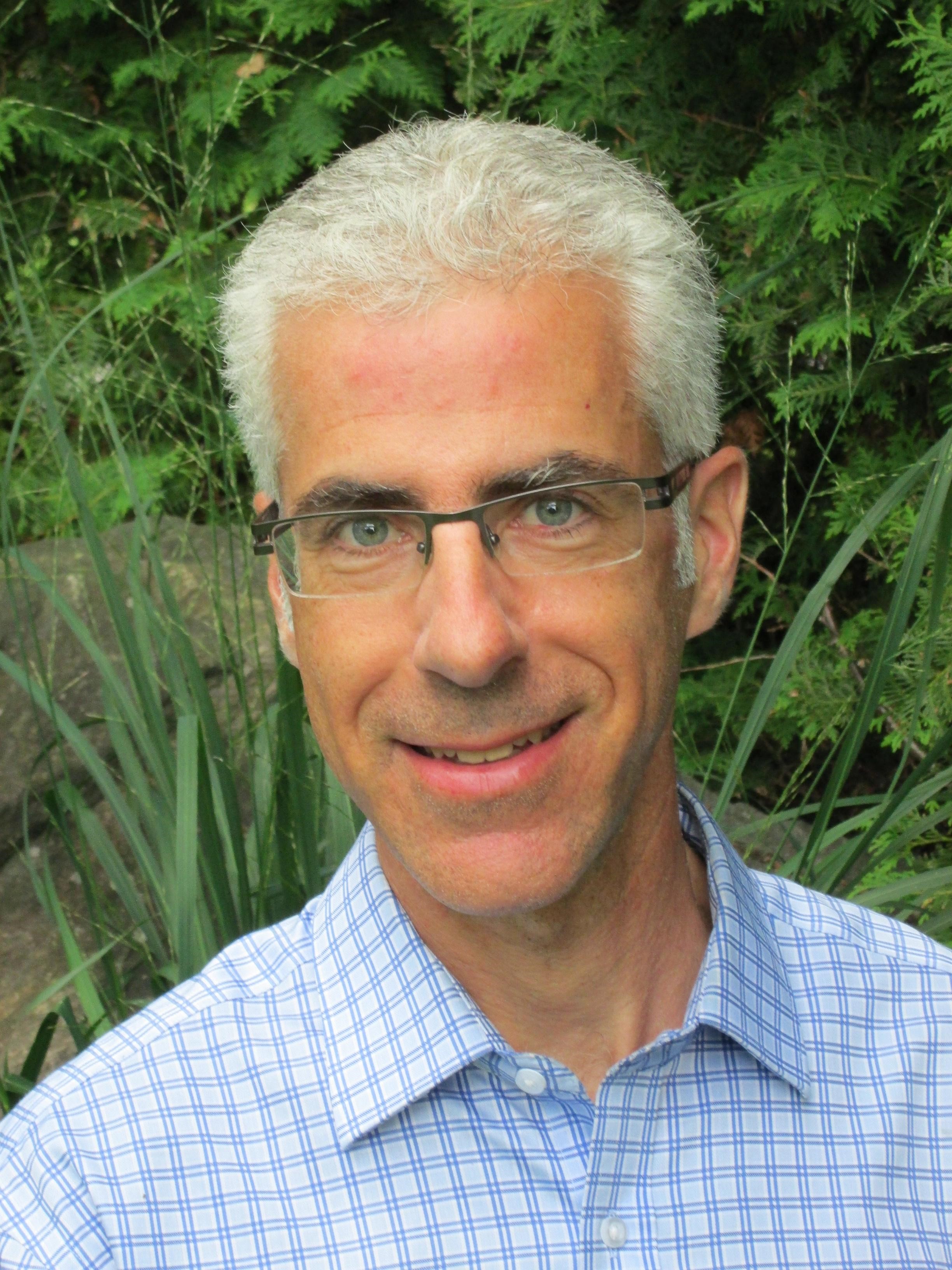10 Questions for Mark Franklin
Mark Franklin is Practice Leader of CareerCycles and President of One Life Tools. He developed the CareerCycles narrative method of practice, co-authored related peer-reviewed journal articles and book chapters and co-developed the Who You Are Matters! game and online Storyteller tools. Franklin presents internationally, hosts the Career Buzz radio show, and worked as a career counsellor at two of Canada’s largest universities after a first career in engineering. He earned an MEd in counselling psychology, Career Management Fellow and Canadian Certified Counsellor designations.
Franklin was the recipient of the Stu Conger Leadership Award for Career Development in 2015.











